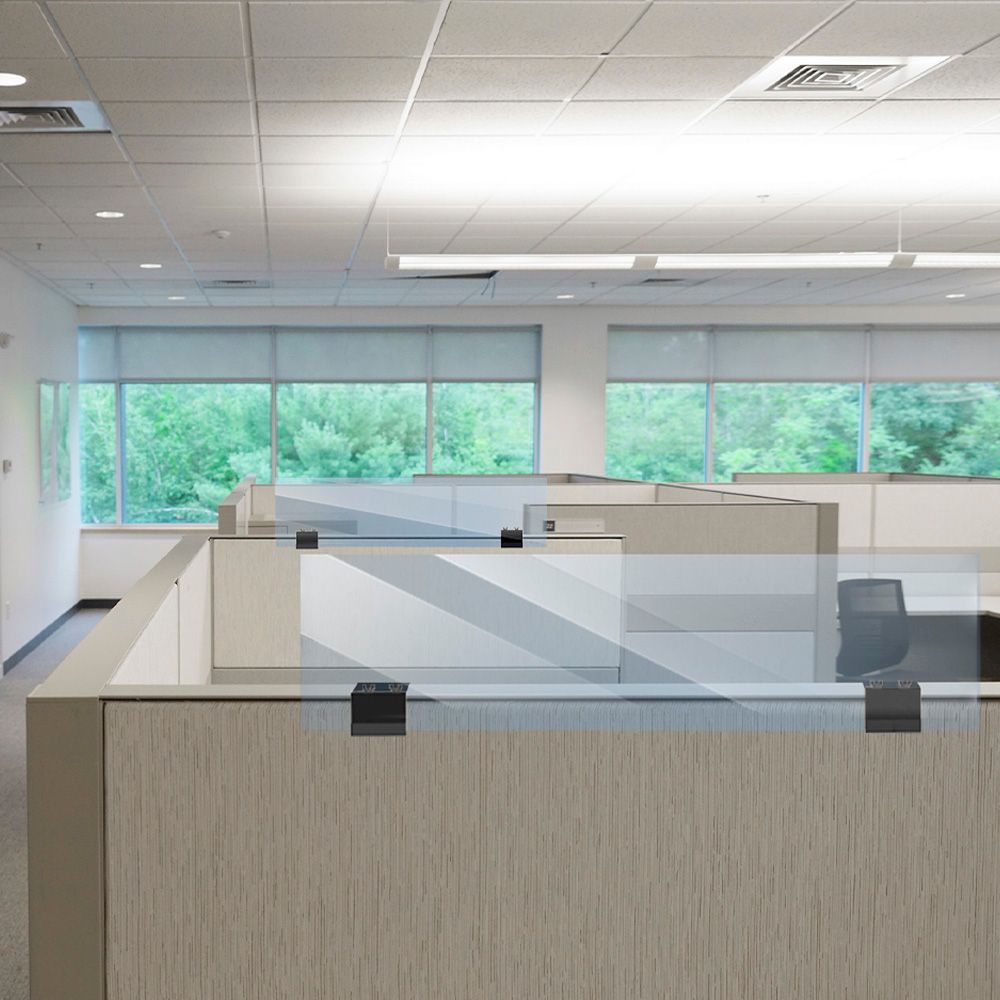
Hybrid Work From Home Model: The Future of Office Work
“Necessity is the mother of invention.”
This age-old proverb was reinforced once more in 2020 when the covid-19 pandemic forced office workers all over the nation to start working from home.
We all clumsily logged into Zoom chats and tried to adjust to working with the new-found background noise of barking dogs and screaming toddlers. Then, it became the norm.
After several months of working from home, a lot of office workers found themselves enjoying the perks of working remotely and grew quite fond of this new work arrangement.
Now companies are faced with the quandary of whether or not to bring their team back into a physical office.
Some companies, like Amazon, Facebook, Microsoft, and several others, have announced that they’ll allow permanent remote working opportunities for their employees. Others are anxiously awaiting a pandemic-free world where they can reconvene in the office and say goodbye to work from home arrangements.
What are the Real Pros and Cons of Working From Home?
Most businesses know that collaboration and teamwork have tangible benefits. In a team environment, creative idea generation and healthy risk-taking can be fostered much more so than when employees work in a siloed fashion.
It’s difficult to quantify, but there is a long-standing belief that in-person interaction amplifies these benefits to an even higher degree. While team-centric programs like Zoom, Microsoft Teams, or Webex have great tools to encourage collaboration, there’s something to be said for the relationship building that happens over the coffee machine or water cooler.

Those who have spent any amount of time working from home should be well acquainted with some of the more trivial benefits: comfy clothes, no commute, and fewer distractions to name a few.
These surface-level benefits certainly do add up, but it’s the increased work-life balance that most work from home fans will point to. Cutting the commute out isn’t just about removing the stress of traffic from your morning, but also the additional precious moments of family time that it allows for.
Additionally, working from home in your own personalized environment allows many to work more efficiently and with fewer distractions.
One of the biggest challenges of remote work for some organizations is a lack of experience managing and monitoring the performance and output of their team while working remotely. Even for companies that are highly averse to micro-managing their employees’ day-to-day, it’s still important to know that your team members are working hard and getting as much done as they should.
Therefore, it’s crucial to have regular meetings, check-ins, and collaborative projects. Having goals that are both short and long-term ensures that everyone is still working together, even though they physically aren’t in the same place.
Lastly, there are cost considerations on both sides. For many businesses, rent and office space are the biggest monthly expense. Being able to reduce this cost, and in some cases remove it from the balance sheet entirely, is freeing up capital to grow operations and invest in more marketing campaigns.
When abruptly having to accommodate work from home, however, many businesses found themselves spending thousands of dollars on new equipment outside of the normal schedule to buy and upgrade their technology. With remote work in mind during budgetary planning, this can be accounted for and shouldn’t be a huge concern for most business owners that are already having to buy equipment for their employees in some way, shape, or form.
Hybrid Approach: The Best of Both Worlds
In an effort to simultaneously give employees the desired work from home benefits while still having the option to bring everyone together, we’re seeing corporations and small businesses across the country adopt a hybrid model.
Ford, Siemens, and others listened to feedback via surveys and other means, and in doing so, have opened up the opportunity for their employees to have flexible, hybrid schedules.
Investing in the happiness and fulfillment of your employees will almost certainly increase the likelihood of retention and maximum effort, and these companies are leading the charge in establishing a model for that.
For business owners, it’s important to take a hard look in the mirror. Take the time to evaluate the needs of your business and your team, and make sure to take their honest feedback to heart.
You just may find that the hybrid work from home model is the best way to go for your business, too.
Returning to the Office? Make Sure Your Team is Safe

For those who are opening their offices back up - whether full-time or as a hybrid model - it’s crucial that it is done with safety measures in place.
The CDC and other health organizations are still urging the practices of social distance in the workplace, and the use of masks and other protective equipment where appropriate. One easy method to prevent the spread of harmful pathogens is by extending the walls of cubicles and service areas with plexiglass shields.
Oeveo’s plexiglass partitions and mounting brackets will allow you to easily install these shields. They not only protect against bacteria and viruses spreading but also deflect noise, which your employees that speak on the phone throughout the day will love.
Enjoy free ground shipping in the lower 48 states, and feel free to contact our customer service team via web chat, phone or email if you have any questions!